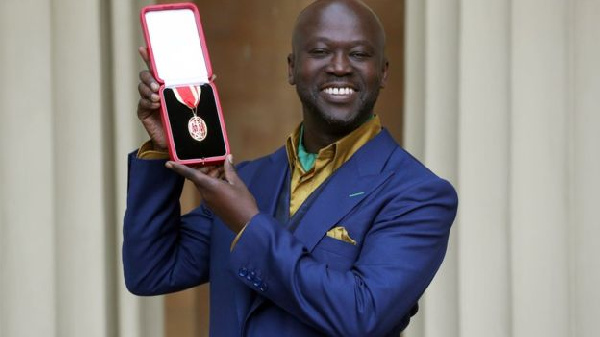In a shocking development, the celebrated architect Sir David Adjaye, known for his work on the National Cathedral of Ghana project, is now embroiled in controversy.
He has been accused of sexual impropriety by three ladies he had professional relationships with. A UK-based news organization, Financial Times (FT), reported on July 4 that all three individuals are black single mothers in their 40s and had known Adjaye before their employment.
The accusations were published in a long-form piece titled “Sir David Adjaye: The Celebrated Architect Accused of Sexual Misconduct,” by the Financial Times magazine’s Investigations wing.
According to FT’s investigative report, the three women came forward to share their experiences, driven by the desire to prevent others from enduring similar abuse and to expose Adjaye’s private behavior.
The news organization conducted in-depth interviews with colleagues, relatives, and friends of the victims to corroborate their accounts, as well as reviewed contemporaneous documents and messages.
The three women claim that during their time working with Adjaye, they experienced sexual assault and harassment. While Adjaye acknowledged that he had consensual relationships with the accusers, he vehemently denied any non-consensual behavior or criminal wrongdoing.
However, he expressed remorse for the blurred boundaries between his personal and professional life and intends to seek professional help to avoid such situations in the future.
The allegations against Sir David Adjaye have sent shockwaves across the internet and beyond and beyond.
As the architect behind the National Cathedral of Ghana, the project’s future may also be affected by this controversy.
Public opinion will play a significant role in determining the consequences of these allegations on both Adjaye’s professional legacy and the cathedral project.
The unfolding situation surrounding Sir David Adjaye and the sexual misconduct allegations has raised so many eyebrows lately and as well highlights the need for maintaining professional boundaries and treating all individuals with respect.

